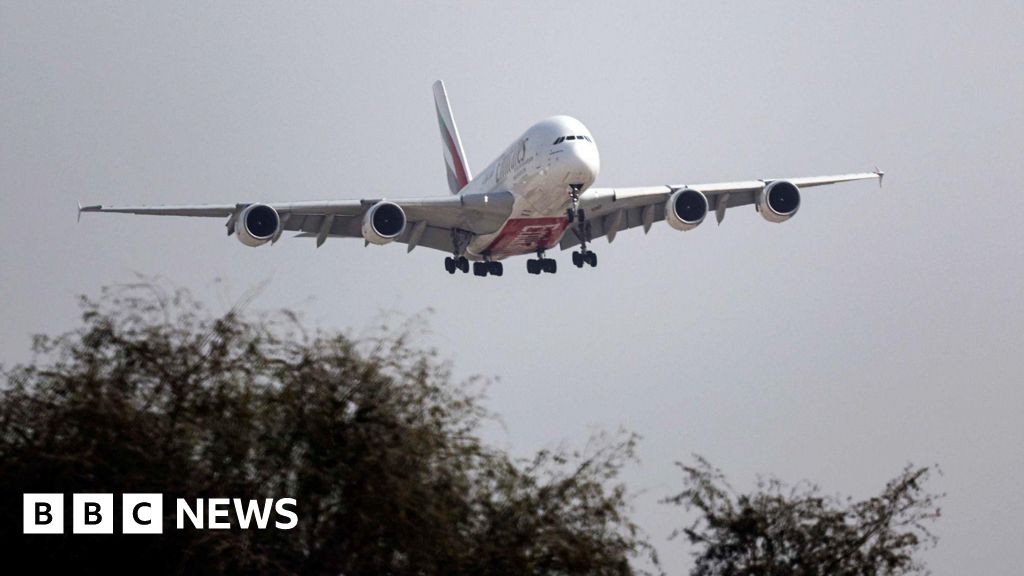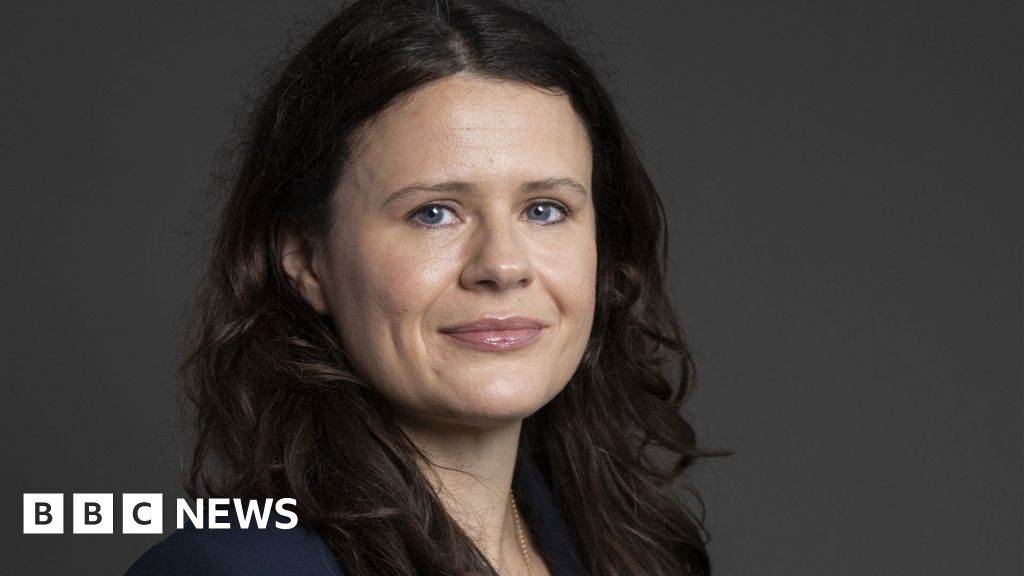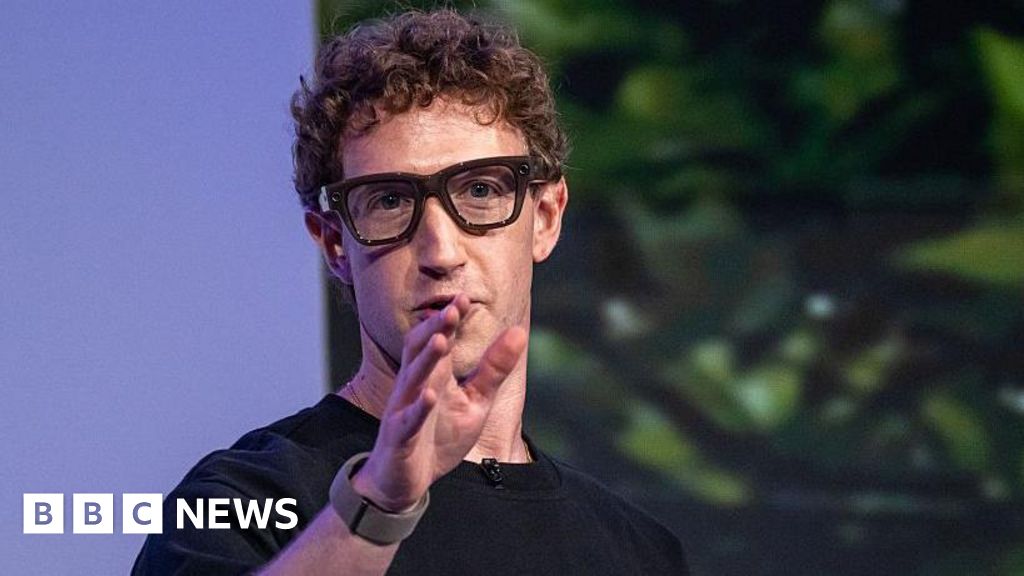- For more financial news, visit News24 Business.
Shari’ah-compliant investing is gaining serious traction in South Africa, both among high-net-worth individuals, family offices and institutional investors.
With a market opportunity estimated at R90 billion, the space is expanding rapidly, yet remains underserved. One of the newer players answering that call is Wealthvest Investment Management, a Cape Town-based asset manager co-founded by Zaid Paruk.
“We launched Wealthvest because we saw a clear gap,” says Paruk. “There are only a handful of asset managers meaningfully engaged in Shari’ah investing, but the demand is growing, especially from family offices and a new generation of investors seeking ethically aligned financial products.”
Since its launch in February 2024, Wealthvest has attracted both retail and institutional clients, managing an estimated R350 million in assets by mid-2025. Paruk and his team have spent the last few months meeting with more than 50 families and offices across the country, from the Western Cape, KwaZulu-Natal and Gauteng to Mpumalanga, many of whom are actively looking for Shari’ah-compliant investment solutions with solid track records and sound governance.
At its core, Shari’ah investing is values-based. It excludes sectors such as alcohol, gambling, arms and interest-based financial services, and filters companies through both quantitative and qualitative screens to ensure compliance. But this is no niche offering – it’s an investment strategy built on principles of low leverage, ethical business practices and real economic activity. “There’s a strong overlap with ESG and impact investing,” notes Paruk. “We’re essentially investing for both performance and purpose.”
While global access to Shari’ah-compliant investments is steadily improving, local investors still face some structural constraints. “You do have global Shari’ah index funds,” explains Paruk. “Big players like HSBC and BlackRock all offer Shari’ah-compliant index funds, similar to ESG index funds. Index providers like FTSE Russell and Yasaar International also provide data for Shari’ah-compliant shares.”
However, in the South African context, options are far more limited. “Locally, we have the FTSE/JSE Shari’ah Top 40 index, but it’s very concentrated, predominantly in gold and mining stocks,” Paruk says.
This creates a challenge from a diversification and risk management perspective. Therefore, we launched the Wealthvest Shari’ah Equity Fund, which provides an investor with an index agnostic diversified portfolio of local and global equities.
Zaid Paruk
A further complication is that Shari’ah compliance isn’t static. “These companies aren’t trying to be Shari’ah-compliant – they’re just running their businesses,” he says. As a result, market dynamics can affect whether a stock qualifies. For example, Sasol’s market cap decline at one point led to it falling out of compliance, triggering a review.
Shari’ah boards vary in how they respond. Some may require immediate divestment when a company drops out of compliance. Others allow a grace period, typically six to 12 months, to see if the company can restore its Shari’ah credentials. “But after 12 months, if the company is still non-compliant, the fund manager has to sell out,” Paruk confirms.
Competitive returns
Despite these constraints, Shari’ah-compliant funds can offer strong performance. “You’re still getting access to quality, conservative companies, often at attractive prices,” says Paruk. He notes that one local Shari’ah equity fund ranked among the top 10 funds year-to-date, thanks in part to market volatility, and strong commodity prices.
“In times of crisis, companies with high debt exposure tend to fall harder. Shari’ah-compliant funds, which avoid such companies, can hold up better,” he explains. The recent strength in gold – up over 27% – also benefited Shari’ah funds, which are typically overweight in resources due to the exclusion of financials like banks and insurers.
Beyond shares
While listed equity forms the backbone of most Shari’ah-compliant investment portfolios, Wealthvest combines its core listed equity capabilities with a wider range of family office services aimed at high-net-worth individuals and large families.
“We try to provide more than just a vanilla structure,” says Paruk. “For clients with more complex needs, we offer access to unlisted assets through partnerships with private equity firms. These opportunities, which may otherwise be difficult to source, span various industries and allow for a cross-pollination of deal flow across our client base.”
This tailored approach includes services such as global structuring, tax and accounting, M&A advisory, and payment solutions, supporting clients in a much more integrated way. For Wealthvest, this model fosters deeper relationships and longer-term client retention. “A client who works with us across multiple layers of their financial life is far less likely to move their listed equity elsewhere,” notes Paruk.
This comprehensive model also extends to Shari’ah-compliant fixed income instruments like sukuks. “Sukuks are the equivalent of a conventional bond in the Shari’ah world,” Paruk explains. “But instead of being backed by a company’s balance sheet, they are backed by tangible assets like roads, dams or infrastructure projects.” This asset-backing makes sukuks particularly attractive to Shari’ah investors, offering predictable income while complying with the prohibition against interest (riba).
Digital assets
As the financial landscape evolves, digital assets such as cryptocurrencies are also drawing increasing attention from Muslim investors. However, their compliance with Shari’ah principles remains under debate.
“There’s a strong scholarly discussion around whether crypto is halal,” says Paruk. “The fiat currency system itself isn’t inherently Shari’ah-compliant, but we operate within it out of necessity, people need to buy bread and milk. Crypto is going through a similar process of scholarly interpretation.”
While Wealthvest doesn’t manage crypto funds, Paruk confirms there’s growing interest from the Shari’ah investment community. “We’re definitely seeing demand from younger, tech-savvy investors who are curious about how digital assets can fit within a Shari’ah framework,” he says.
Broader appeal
Importantly, Shari’ah funds are attracting investors beyond the Muslim community. “There’s a growing group of values-based investors, not necessarily of the Islamic faith, who want to avoid sectors like alcohol, gambling and arms,” Paruk says. In an era of global conflict and heightened ethical scrutiny, the appeal of ‘clean’ portfolios is spreading.
This ethical alignment reflects a broader global trend: investors, especially younger ones, are paying closer attention to the social impact of their capital. “We’re seeing a heightened focus on industries that are doing good. People are taking a closer look at the social impact of their investments, not just from a religious standpoint, but from a moral and reputational one as well. Investors are increasingly interrogating their portfolios to make sure they’re not indirectly supporting social ills.”
Sandy Welch is editor of MoneyMarketing.
The article was first published by MoneyMarketing, a leading publication for financial advisers.
Disclaimer: News24 cannot be held liable for any investment decisions made based on the advice given by independent financial service providers. Under the ECT Act and to the fullest extent possible under the applicable law, News24 disclaims all responsibility or liability for any damages whatsoever resulting from the use of this site in any manner.
 (1).png)
 5 months ago
37
5 months ago
37

















